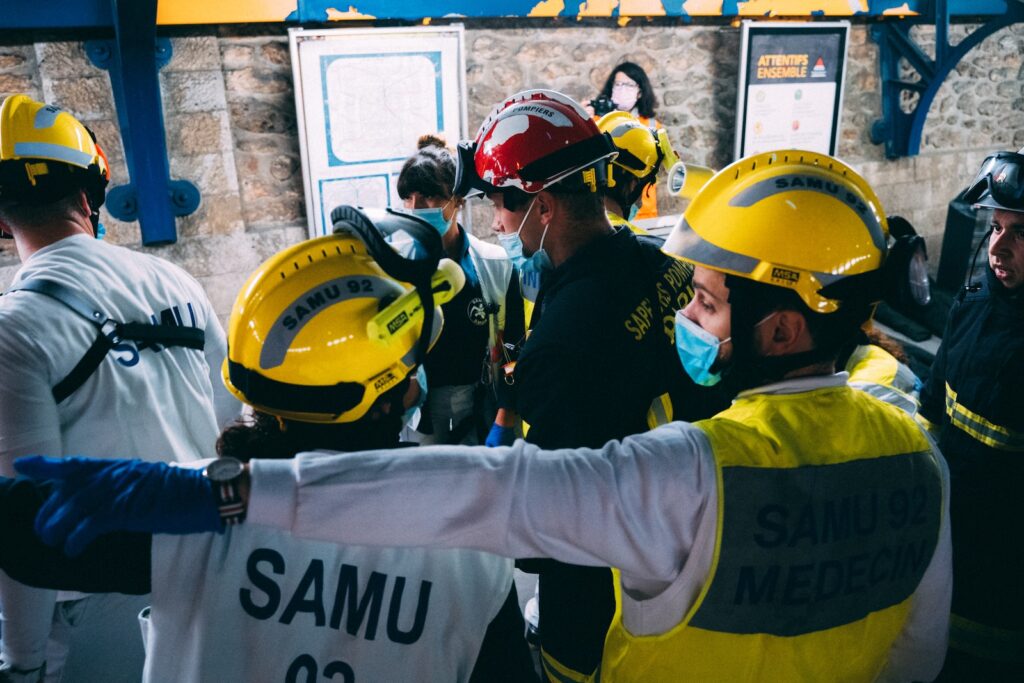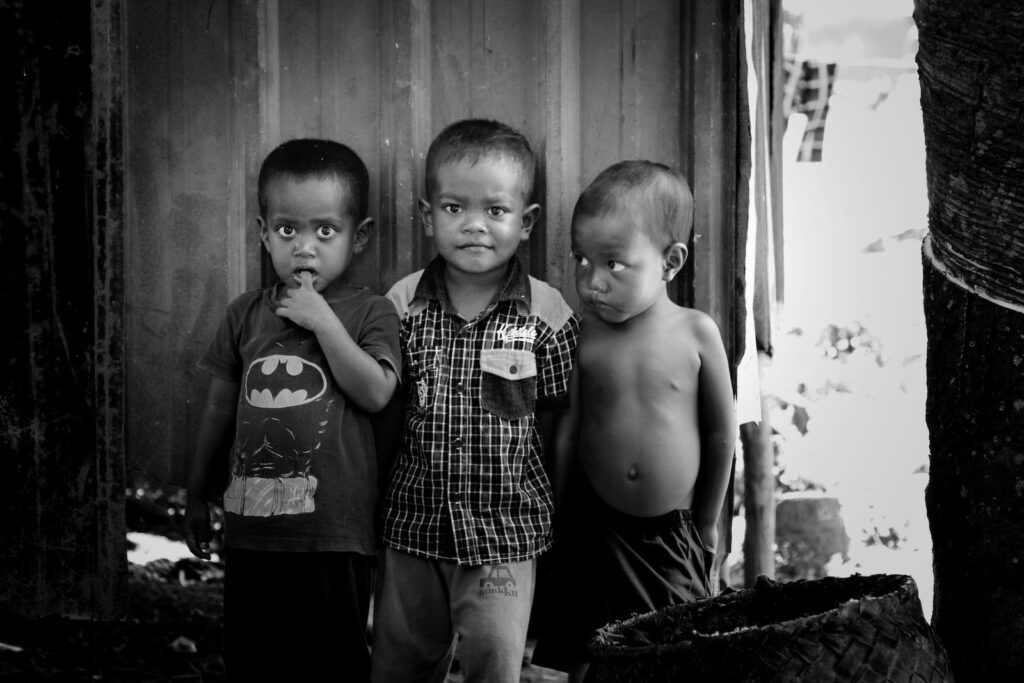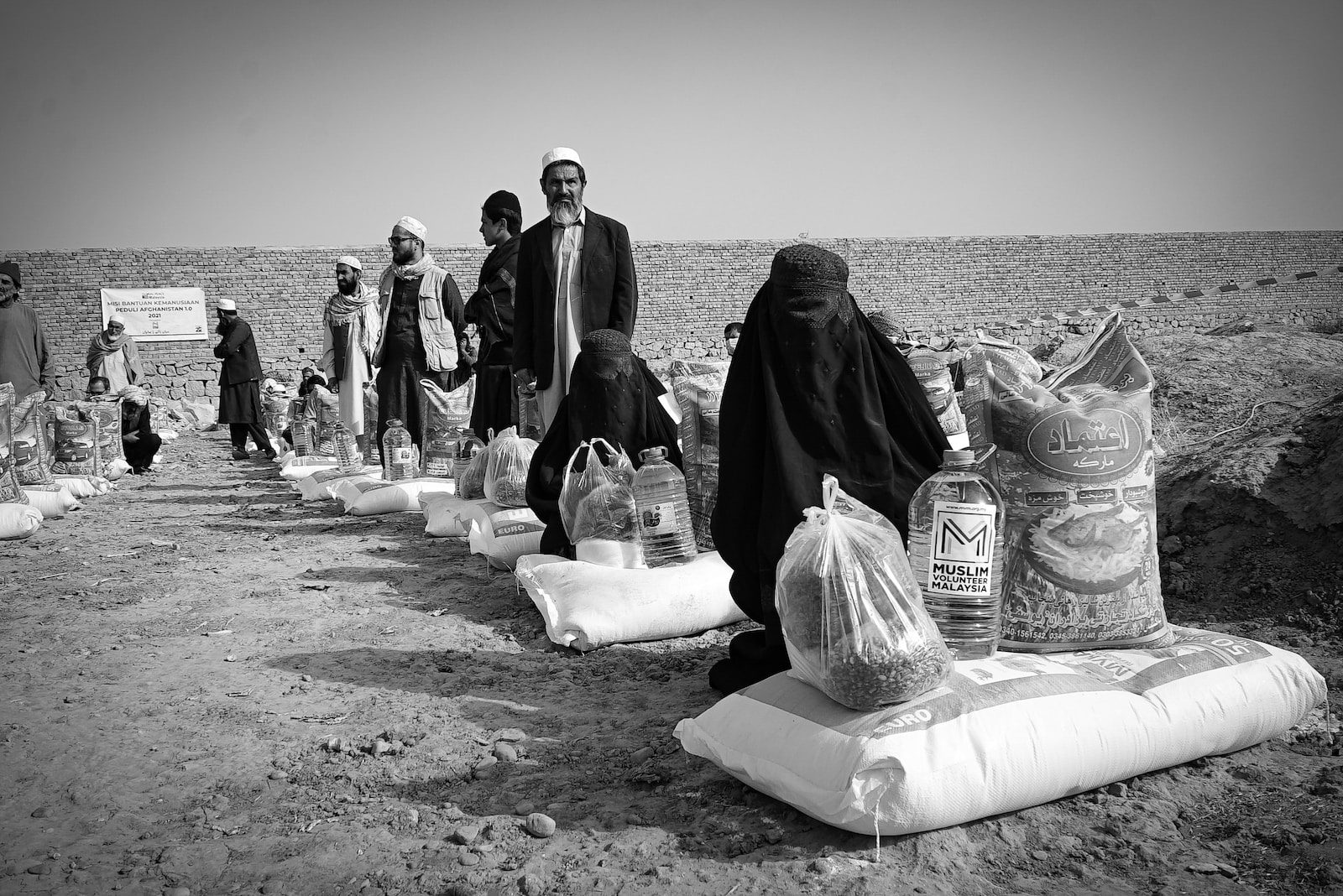Introduction
Welcome to our exploration of the power of humanitarianism and its profound impact on both individuals and communities worldwide. Often, the term “humanitarianism” may seem abstract or academic, so let us demystify it: At its core, humanitarianism is the belief in the inherent dignity of all people and the desire to alleviate suffering wherever it is found. It’s a principle often put into action by remarkable individuals and organizations committed to making the world a better place.
In this article, we aim to shed light on the significant role of humanitarianism and its transformative power. From the individual who gains access to essential services to communities evolving into self-sufficient and thriving societies; the impact of humanitarianism is far-reaching and profound. So, let’s dive in, and explore the fascinating world of humanitarian efforts and their ripple effects in our global society.
The Meaning of Humanitarianism
Humanitarianism is an active belief in the value of human life. It advocates for the promotion of human welfare and the alleviation of suffering. This concept is grounded in a number of fundamental principles including humanity, neutrality, impartiality, and independence.
- Humanity: Humanitarianism asserts the inherent dignity and equal rights of all persons.
- Neutrality: Humanitarians must not take sides in hostilities or engage in controversies of a political, racial, religious or ideological nature.
- Impartiality: Humanitarian aid must prioritize those in most urgent need, without discrimination.
- Independence: Humanitarian action must be autonomous from the political, economic, or military objectives that any actor may hold with regard to areas where humanitarian action is being implemented.
Unlike charity, which relies more on immediate relief and is often motivated by the donor’s self-interest, humanitarianism emphasizes long-term solutions, capacity building, and empowerment. This principle equips humanitarian organizations with the tools to provide aid and support to those in need, especially in times of crisis and disaster.
Humanitarianism in Action

Ever wondered about the tangible effects of humanitarianism? Well, they are as diverse as they are impactful. Humanitarian efforts span a broad spectrum, addressing a myriad of needs worldwide.
- Disaster relief: When calamities strike, humanitarian organizations are often the first responders, providing immediate aid to affected communities. From distributing food and clean water to setting up temporary shelters, their efforts mitigate the immediate crisis.
- Development projects: Beyond the immediate emergency response, humanitarian work involves longer-term projects. These aim at restoring normalcy and building resilience, like rebuilding schools or training locals with essential skills for self-reliance.
However, these efforts aren’t just about distributing resources. They require a deep understanding of the local culture, a cultural sensitivity, to ensure aid is useful and respectful. This highlights the profound complexity and remarkable power of humanitarianism.
Impact on Lives

The power of humanitarianism goes beyond immediate aid; it changes lives in ways you may not even realize. Improved access to essential services like healthcare and education is just the tip of the iceberg.
- Healthcare access ensures immediate care during crises and promotes long-term health outcomes.
- Education provides children with the knowledge and skills to break free from the cycle of poverty and strive for a brighter future.
But the long-term effects of humanitarian aid are even more profound. By providing resources and support, humanitarianism fosters empowerment and self-sufficiency.
- People are given the tools and knowledge to rebuild their lives and communities.
- They develop skills and confidence to handle future challenges.
These are not just abstract concepts. There are countless personal stories of individuals who have risen from the ashes, their lives transformed through humanitarian efforts. Each one of these stories is a testament to the power and impact of humanitarianism.
Impact on Communities

The ripple effect of humanitarianism stretches beyond individuals, sparking community development and growth. When a community is empowered with resources and support, each member thrives in unison. This collective progress is often more impactful than individual advancements, reinforcing the strength of a unified community.
Successful humanitarian projects are not merely about parachuting aid into a community. They involve community involvement, ensuring local voices are heard, and solutions are in sync with their needs and context. Incorporating local wisdom and resources can amplify the impact of these initiatives, promoting sustainability and ownership.
The significance of sustainable development in creating lasting change cannot be overstated. Humanitarianism is not about momentary relief. It’s about building capacities and resilience within communities, thereby enabling them to withstand future challenges independently. This empowerment fosters self-reliance, paving the way for long-term growth and prosperity.
Challenges and Controversies
Like any significant endeavor, humanitarianism does not come without its share of challenges and controversies. Some dark corners of the field are often tainted by instances of corruption and exploitation, casting shadows on the nobility of the cause.
- Corruption is a perennial issue, with some individuals taking advantage of the system for personal gain at the expense of those truly in need.
- Exploitation, too, is a concern, with instances of power imbalance often leading to misuse of resources and vulnerabilities.
However, these issues do not define the entirety of humanitarian work. The sector strives to address these problems by ensuring ethical practices. Transparency and accountability are emphasized within humanitarian organizations, which continually work towards refining their systems to eliminate these issues.
The Role of Individuals
Every single one of us holds a great deal of power in impacting change through humanitarian efforts. This power can take various forms, from dedicating time to volunteer, to making monetary donations, or even raising awareness in our own social circles. It’s the individual actions that collectively create a better world.
Getting involved in humanitarian efforts is not only about writing checks. Here are a few tips on how you can contribute effectively:
- Research about the humanitarian organizations before extending support. Ensure they are ethical and effective in their work.
- Consider volunteering your time, skills or resources. This could range from medical expertise to project management.
- Help raise awareness within your community about the challenges that need humanitarian intervention.
Remember, every little effort counts and can make a significant difference. Humanitarianism is a collective responsibility and we, as individuals, are the drivers of this change.
Conclusion
In the face of hardships and challenges, humanitarianism stands as a beacon of hope, delivering impactful transformations in the lives of individuals and entire communities. It’s more than just providing immediate aid; it’s about fostering empowerment, advocating for access to healthcare and education, and nurturing self-sufficiency.
However, the journey doesn’t end with acknowledging its significance. As stewards of our global community, each of us has a role to play. Through volunteering or donations, every effort, no matter how small, can help create a better world.
The challenges are undeniably complex, and the controversies are real. Yet, the essence of humanitarianism – compassion, empathy, and action – must continue to drive us forward. Let’s keep supporting and advocating for humanitarian efforts, reminding us all of the power of humanitarianism in creating positive change.

